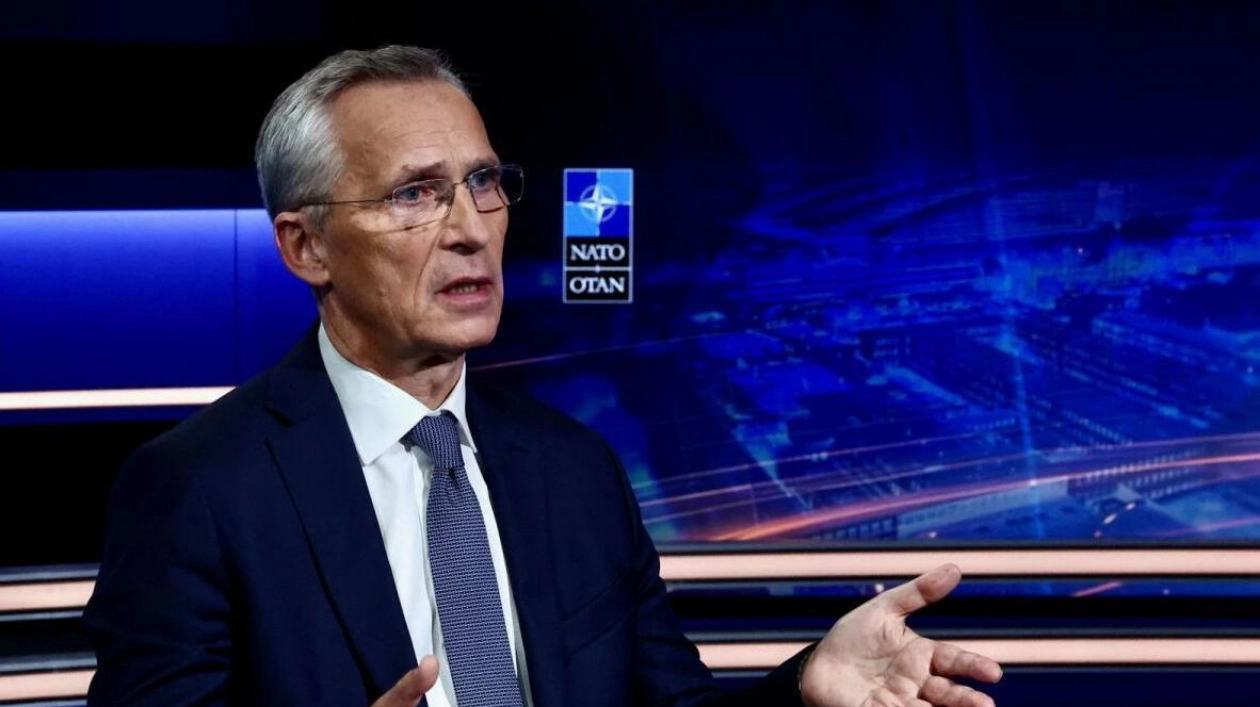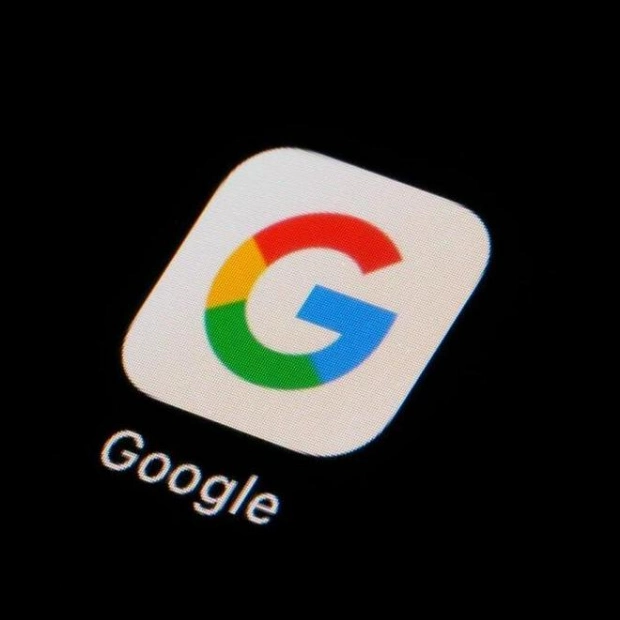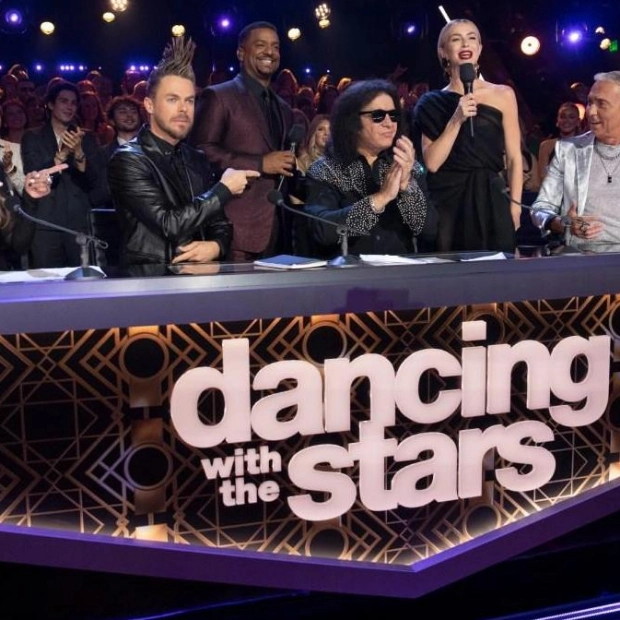NATO members should not be dissuaded from providing additional military aid to Ukraine due to Vladimir Putin's 'reckless Russian nuclear rhetoric,' outgoing NATO Secretary General Jens Stoltenberg told Reuters in an interview on Monday.
Stoltenberg's comments came in response to Putin's recent declaration that Russia could employ nuclear weapons if attacked with conventional missiles, and that Moscow would view any assault supported by a nuclear power as a joint attack. This warning was issued as the United States and its allies consider whether to allow Ukraine to launch conventional Western missiles deep into Russian territory. Kyiv has expressed its desire to target elements of Russia's war effort.
'What we have observed is a pattern of reckless Russian nuclear rhetoric and messaging, which aligns with this pattern,' said Stoltenberg, who will hand over NATO leadership to Dutch former Prime Minister Mark Rutte on Tuesday after a decade in the role.
Stoltenberg emphasized that despite Russia's attempts to deter NATO support, they have not succeeded, and this latest instance should not hinder NATO allies from aiding Ukraine. He noted that NATO has not detected any shifts in Russia's nuclear posture that necessitate changes on their part.
The former Norwegian Prime Minister highlighted that the greatest risk to NATO would be if Putin were to prevail in Ukraine, as it would signal that his use of military force and threats against NATO allies yield desired outcomes, making all parties more vulnerable.
The US administration has been hesitant to grant Ukraine permission to strike deep within Russia with weapons like long-range ATACMS missiles due to concerns about escalating tensions with Moscow and potential retaliation. Some Western officials have also questioned the effectiveness of such strikes in altering the war's dynamics.
Stoltenberg acknowledged that there is no 'silver bullet' that would transform the battlefield situation. However, he suggested that deep strikes inside Russia could make a difference as part of the broader Western strategy to assist Ukraine in repelling the invasion.
Stoltenberg also emphasized that any negotiated end to the war must include security guarantees for Ukraine from Western powers, particularly the United States. Without such guarantees, Russia would not respect any lines drawn on a map that it was not meant to cross.
He concluded by stating that while they may not be able to change Putin's mind about Ukraine, they can influence his calculations by demonstrating that the cost of continuing the war is too high, making it preferable for him to accept Ukraine as a sovereign, independent nation.






